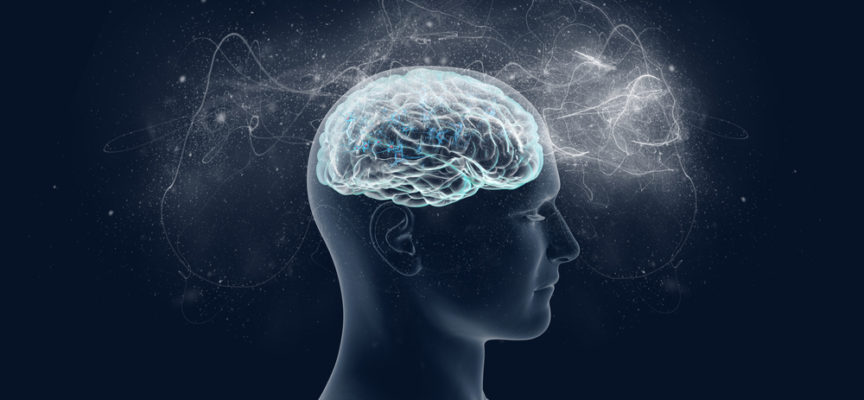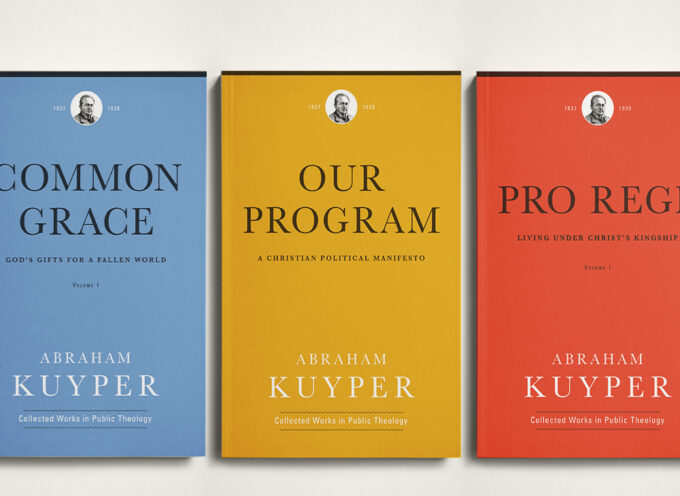Here are twelve books I recommend to persons who wish to better understand the rise and development of Western thought. Together, the books form a sort of “starter” course. I will describe each book and then rank its level of difficulty on a scale of 1-5, with 5 being the most difficult. Level 1 is the category for a book you could give to any friend or family member. Level 5 is the category for a book that might be required in a PhD seminar.
Narratives of the Rise and Development of the Western Mind
The first set of books have a narrative structure. They trace the rise and development of Western thought. Two of them focus on the history of philosophy, while the other two broaden out to interact more extensively with other frames of reference, such as science, literature, and theology.
- Bryan Magee, The Story of Philosophy. If you’ve never read a history of philosophy, this is the place start. It is the most accessible introduction to the history of philosophy that one could possibly hope for. Magee is skeptical about religion; sometimes this skepticism causes him to be unfair or give short shrift to a Christian thinker. Nonetheless, it is a lucidly written and fairly accurate account of the history of Western philosophy. It is printed on glossy paper with illustrations and pull quotes on every page. 240 pages. Level 1.5.
- Charles Van Doren, A History of Knowledge. Van Doren’s book is a very accessible introduction to the rise and development of the western mind, weaving together insights and developments from history, theology, philosophy, science and other disciplines. The weakness of the book is that it is a bit out of date, and therefore does not address significant developments in the last half century. 448 pages. Level 2.
- Richard Tarnas, The Passion of the Western Mind. Tarnas is a brilliant polymath and lucid writer whose book became a New York Times bestseller. He divides Western thought into six eras, describes and evaluates the thinkers and ideas emerging from those eras, shows the connection between various thinkers and ideas, and between different frames of reference such as philosophy, theology, and the sciences. 560 pages. Level 3.
- Craig Bartholomew and Michael Goheen, Christian Philosophy: A Systematic and Narrative Introduction. Written from a Reformational perspective, this is the best one-stop Christian introduction to philosophy. The first part of the book provides a wise and perceptive Christian evaluation of the rise and development of Western philosophy. The second part of the book provides a very nice introduction to the systematic categories of Christian philosophy (e.g. reality, knowledge, beauty). ~300 pages. Level 3.5.
Evaluations of the Great Books
The second set of books possess a topical structure, analyzing and evaluating Western thought book-by-book rather than era-by-era.
- Frank Magill, Masterpieces of World Literature and Masterpieces of World Philosophy. Magill’s books analyze and explain classic texts in philosophy and literature. Especially unique is the way he structures his analysis. As a general rule, he devotes 5-10 pages to summarizing and evaluating a particular text, and then devotes a few more pages to describing some of the important secondary literature that has been published about that text. 992 and 704 pages, respectively. Level 3.5.
- Louise Cowan and Os Guinness, Invitation to the Classics. This book provides a very brief and well-written summary and Christian evaluation of many of the great books. It is published on glossy paper with illustrations, sidebars, and pull quotes. 384 pages. Level 2.5.
- Leland Ryken, Realms of God: The Classics in Christian Perspective. This was the first evaluation of the classics that I ever read, and it was a good one. Ryken evaluates Homer, Chaucer, Shakespeare, Milton, Hawthorne, Dickens, Tolstoy, Camus, and more. 240 pages. Level 3.
- Peter Leithart, Heroes of the City of Man: A Christian Guide to Select Ancient Literature. Leithart argues for the primacy of the biblical story, shows the value of classical literature, and leads the reader on a journey of reading classical literature through the lens of Scripture. Includes Hesiod, Homer, Virgil, Aeschylus, Sophocles, Euripides, Aristophanes. 394 pages. Level 3.
Evaluations of the Modern Age
The third set of books focus in on the modern era. On the whole, they are more difficult to read, and probably should be read only after having a good grasp of the type of material elucidated in the first two sets.
- Richard John Neuhaus, American Babylon. Neuhaus employs his sharp mind and golden pen toward showing that the relativism of American universities has radically reshaped society and culture for the worse. 288 pages. Level 3.
- Charles Taylor, A Secular Age. In this book, Taylor provides a profound and penetrating analysis of Western secularity, a condition in which religious believers are haunted by doubts, and unbelievers are nagged by the sense that there must be “something more.” Along he way, he provides a type of (phenomenological) apologetic for Christianity. Very important book. 874 pages. Level 4.5.
- Philip Rieff, My Life among the Deathworks. This book has done more to shape my view of Western culture than any other. Rieff divides world history into three eras, and argues that it is only in the third era that the West’s cultural elite try to rip the sacred “rug” out from beneath social order. In so doing, our elite culture-makers are producing “deathworks,” or, cultural products and institutions that poison our society rather than revitalizing it. Very important book 288 pages. Level 5.
- John Carroll, The Wreck of Western Culture. Carroll, an Australian sociologist, argues that secular humanism has made our culture into a “colossal wreck,” divesting life and death of their divine meaning, thereby undercutting the moral order and ruining our social fabric. 270 pages. Level 4.
Subscribe
Never miss a post! Have all new posts delivered straight to your inbox.








Some other books I’d add to this list:
Ricardo Duchesne’s The Uniqueness of Western Civilization.
This is one of the best books I’ve read and is very popular among many younger intellectual conservatives.
Another book that everyone is talking about, largely because of Steve Bannon, is Jean Raspail’s _Camp of the Saints_.
Regardless whether you agree with it or not, it’s a must read by all conservatives. Perhaps the most important political novel since Orwell’s _1984_.
If you want to tread into micro-evolution, I’d recommend Cochran and Harpending’s _10,000 Year Explosion_. This book is one of the ten most influential books I’ve ever read. It was basically read by all the elite, higher IQ conservatives and was quite influential.
Schaeffer?
I like Schaeffer’s book and if I did a list of 15 or 20 he’d be on it. I require his book in one of our History of Ideas seminars.